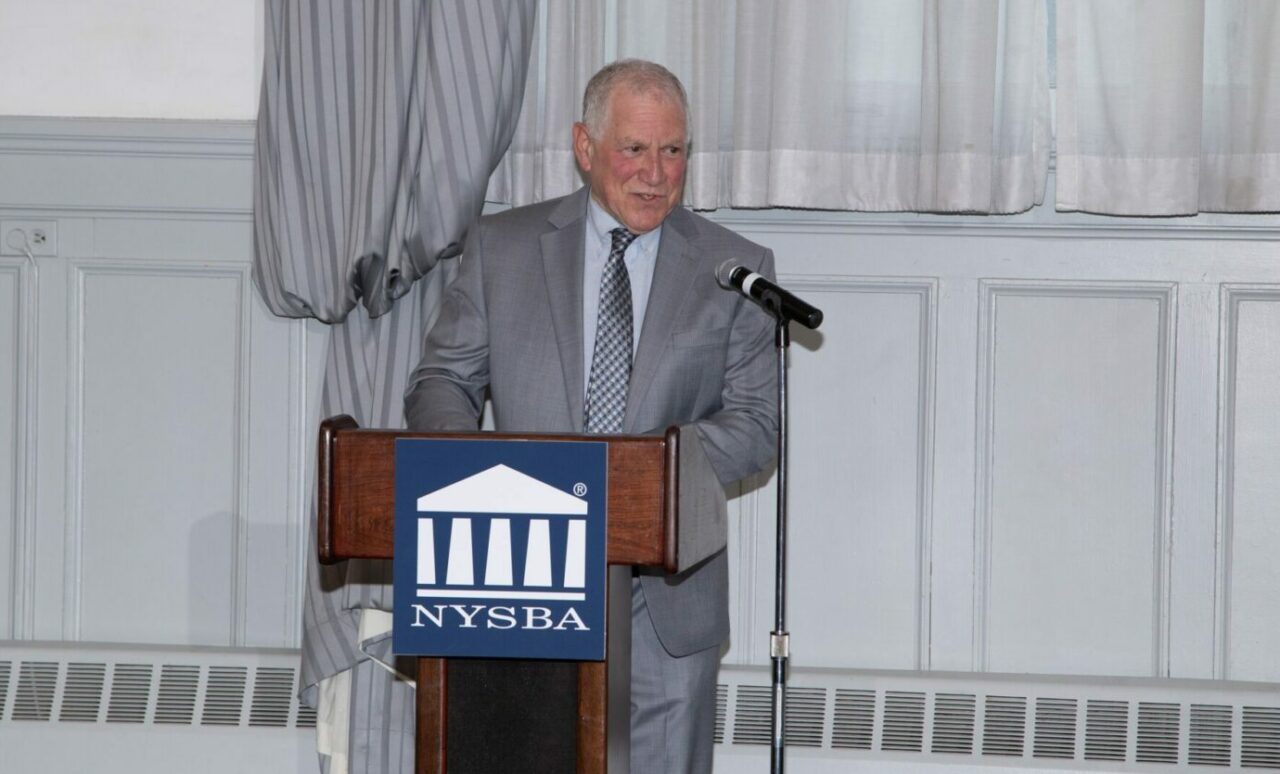Yes, Clients Demand More Now than Ever, But This is the Best Time To Prove Your Value
7.20.2021
If you’ve noticed that your clients demand more than usual lately, you’re not alone.
According to Carol Schiro Greenwald, Ph.D. (MarketingPartners), clients today are, in fact, more needy.
More is going wrong. More issues are brand new. There are more decisions that affect the bottom line, more deadlines to meet.
But there are steps lawyers can take to alleviate the problem.
Greenwald and Nancy B. Schess (Klein Zelman Rothermel Jacobs & Schess) detailed how lawyers can and should create a client-centric approach on the CLE webinar, “Post-COVID Client Care: A New Look At Client Service Practices Or Techniques.”
What Clients Want
Creating a client-centric approach is done through technology and document management system tools, but, above all, communications.
“What clients want is communication,” said Greenwald. “We need to talk about changing lawyers’ communication skills to focus on the client.”
Greenwald explained that clients trust your lawyer skills; they want more of an adviser who can guide them on what to do or how to avoid problems.
“Recognize you begin like any vendor. To move up you need the client’s trust. Earn it through your behavior,” said Greenwald. She recommended that lawyers remember that your clients know their situation better than you ever will.
Greenwald said, “You can possibly understand where they’re going but you’re not in their shoes every day, so you really need to do that. And then you need to demonstrate that you know this and that you want to know this.”
She noted that increasingly clients want to work with people who demonstrate their values. There’s a push to have companies take a stand on Black Lives Matter, gender equality and diversity, she explained.
Defining value
Clients define value as whether or not they got their money’s worth. No two clients are the same, so Schess cautions, “You can’t come into a situation saying this is the value proposition, because it isn’t necessarily the value proposition to clients across the board.”
Likewise, Schess said that attorneys should never assume what the client’s vision of success is, because the assumption may not be what the client is thinking.
Schess recommended that to become a trusted adviser, attorneys must ensure their network is full. “That is absolutely mission critical.”
Greenwald added that legal services is a buyer’s market. Attorneys must exceed client expectations and need a 360 degree knowledge of their client’s world.
Greenwald observed that the pandemic made everyone from grandparents to small children more tech savvy. As such, client demands for technology have increased. A recent survey revealed that 53 percent of clients say cloud technology is required from their lawyer. Seventy percent want electronic payments capability. The same number want document management transparency, convenience and collaboration.
Clients might expect all hours availability with lawyers working from home, but if you set guidelines and expectations up front, clients will know what to expect and respect your boundaries.
Reading your client
Greenwald said that attorneys really need to think about their body language. Ninety-three percent of our communication is nonverbal: 55% of what we know about someone else we learn from their body language, 37% from their tone of voice, and only 7% from words.
“Once you learn to read body language, you become much more sensitive to how other people feel and much more aware of the impressions that you’re making,” said Greenwald. “A first impression comes within three seconds of meeting someone and it’s going to be the basis for what they think about you. You need to have an emotional component, you need to have something about it, that makes it most important and memorable.”
The good news is that attorneys can use body language to create an emotional connection, which is what clients really want. “They want comfort, they want reassurance, they want connection with you to keep them safe.
Schess advised lawyers to keep substantive conversations out of texting.
Greenwald said it is important for attorneys to continually reach out even after transactions are over, especially using hand-written notes. “If you contact clients and ask if there is anything you can help with, you will never lose that client,” said Greenwald.
Loyal clients come back to you, without going through the search for other people they willingly pay more for your services, and they are excellent referral sources of new business.
“I can’t imagine why anybody wouldn’t want that,” said Greenwald.






